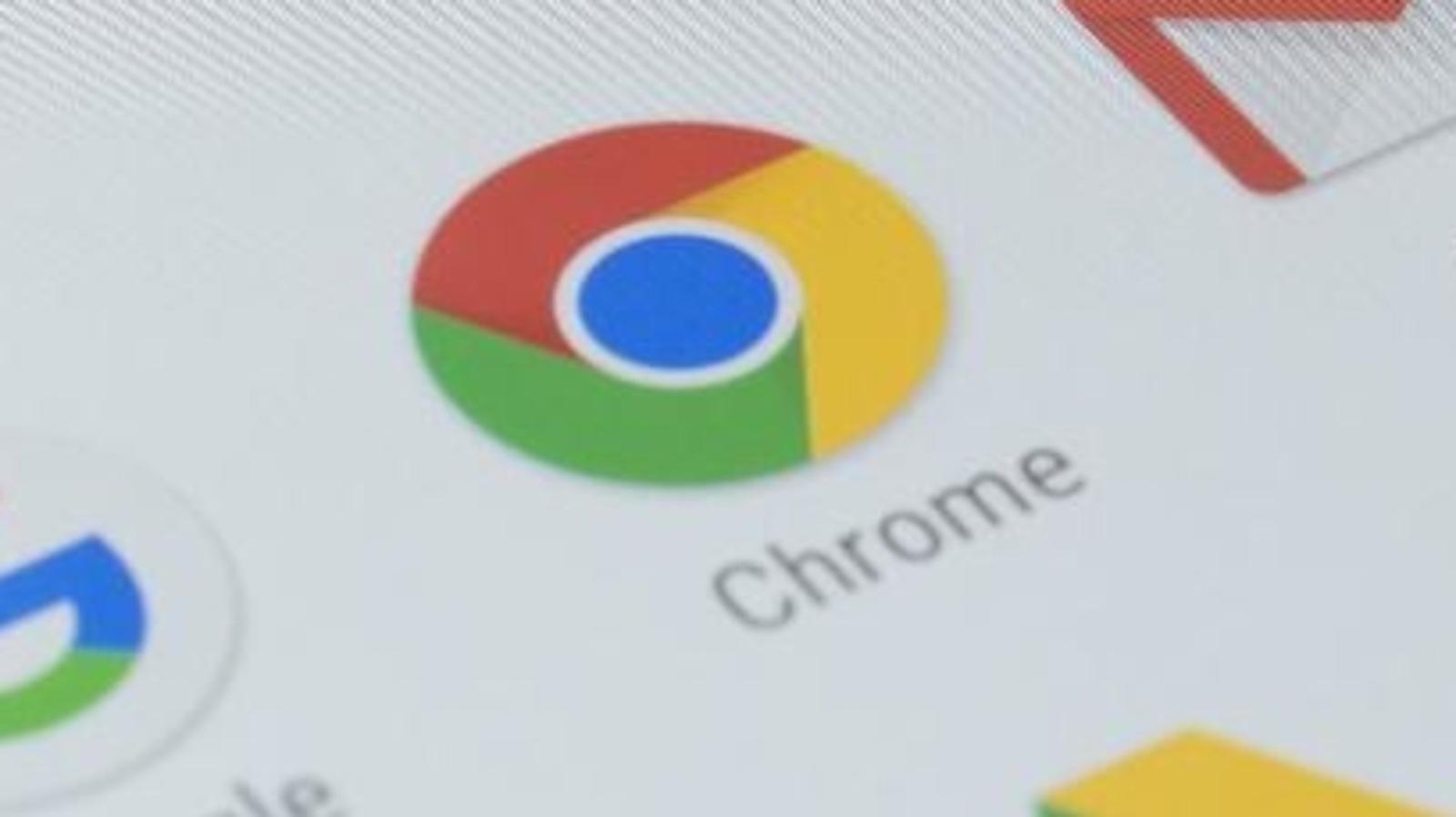Sometimes an Android app that you want to install on your Chromebook may simply not be available on the Google Play Store. This can either be because it’s incompatible or because the app developer has marked it as such due to the experience on your device not being exactly how they prefer to portray it.
While admirable, you might just want the damn thing installed so you can use it – bugs and all. Today I’m going to show you how you can install apps outside of the Play Store on your Chromebook without having to enter developer mode.
A quick note on this though – if you do this you are potentially putting yourself at risk with bad actor app packages, so proceed with caution and only install apps you know from developers you trust ! Alright, let’s continue.
What you will need
To get started, you’ll need your Chromebook (of course), and you also need to have Linux activated on your device. You can do this by following our quick tutorial. Once you’re up to speed with that, just go find the app you want to install. We recommend that you go exclusively to APK Mirror as all of their downloads have been scanned and approved for safety. However, if you are trying to install Fortnite or something like that, you can download other apps from their source website.
That’s an incredibly useful thing to know as a Chromebook owner looking to take advantage of different apps on your laptop, especially since many game developers simply don’t transfer their experiences to larger screens. . We’re watching you, Apex Legends! Unfortunately, I tried to install Apex, and it still didn’t work because the developers forced the game to verify play store integration, so your mileage may vary.

Configuring Android Debugging
Alright, so you have Linux support setup and you also have your application to install. First, you’re going to want to go to the Files app and rename it to something simple. Make sure to leave the “.apk” at the end as that is the extension. Then drag and drop this file to the left sidebar of the Files app into the “Linux Files” folder.
Go to the Settings app on your Chromebook and click on the “Linux (beta)” section. Next, click on “Develop Android apps” and press the blue button that appears in the pop-up dialog. It should say “Restart and continue”.
Your device will reboot, and after that, you will see the following screen confirming whether or not you want to “Enable ADB Debugging”. This is generally intended for developers who want to locally install early test builds of their apps before distributing them to the masses, but we’ll use it to force-install apps for our own purposes.

Of course, you press the blue “Confirm” button to continue. Although you’ll get a red message at the bottom of your login screen that says “This device may contain apps that have not been verified by Google”, you can login as normal before continuing. Again, only install apps you know from developers you trust and it won’t be a problem!
Now let’s move on to the technical part. Open the “Terminal” app from your Chromebook launcher and type “sudo apt install adb“. Press the Enter key on your keyboard and wait. You may be prompted to confirm ADB installation by typing the “Y” key and pressing Enter again.

The next thing you’ll type after you finish installing ADB is “adb connection arc“. This will connect you to the Android debug tool so you can tell it to install your .apk file which is currently waiting in your Files app Linux files folder.
You should get a quick popup asking if you want to “Allow USB debugging”, and you’ll obviously say “OK”. Here’s the final step – back in the Terminal app, type the following, replacing what’s in the parentheses with your application name that’s in your Linux files (don’t include the parentheses either).
install adb [name of your app].apk
Type this for ARM processor devices
adb -s emulator-5554 install [name of your app].apk
Type this for Intel or AMD processors
That’s it! You should receive a message that your app is installing. Once done, you will find the freshly installed app with its icon in your Chromebook’s launcher. I’d love to hear in the comments which app you needed or decided to install and whether or not it had play store protection and wouldn’t work due to the need for a key. Again, Apex Legends clearly didn’t work for us, but I imagine many others will work just fine.
I just want the steps!
1. Enable Linux support on your Chromebook
2. To download whatever application file (APK) you want to install
3. Open the Files app and rename application file (leave “.apk” at the end!)
4. drag drop the application file in “Linux files“
5. Open the Settings app and navigate to “Developers“
6. Click on “Linux development environment”
seven. Select “Develop Android apps”
8. Leave your Chromebook to restart and allow ADB debugging
9. Log back in and open the “Terminal” app
10. Type “sudo apt install adb” and hit Walk in
11. If asked, type “Yes” and hit Walk in to confirm installation
12. Type “adb connection arc” and hit Walk in
13. Type “install adb [name of your app].apk“
14. If that doesn’t work, type “adb -s emulator-5554 install [name of your app].apk“
14. Open your new app from your Chromebook launcher!




